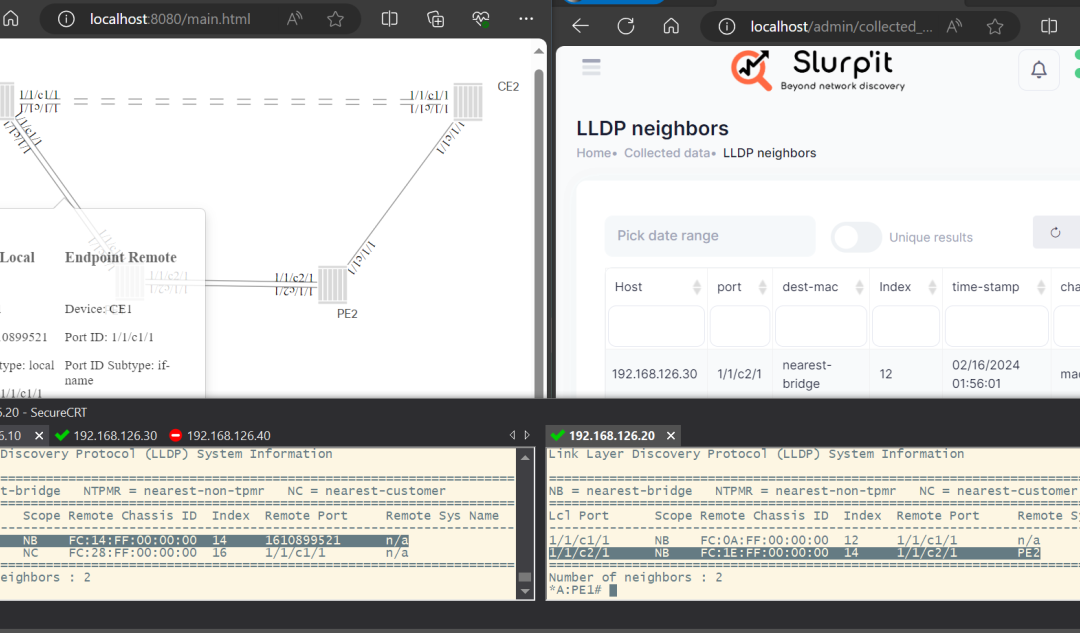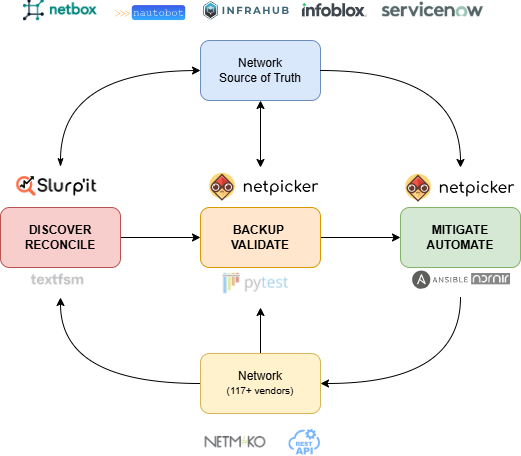If you run a business, you can’t stay away from cyber threats. And here’s where network security comes into the picture, followed by auditing. This blog talks about what is network security? Why is regular auditing important? How can an organisation perform a successful security audit? So, let’s get started!
What is network security?
Whatever we do, the set of activities, to protect usability as well as integrity of both our network and data – is called Network security. There can be an array of measures taken here. Because the aim is to preserve confidentiality of network infrastructure – for organisations of all sizes. Starting from firewalls, to maybe encryption protocols, these layers of protection act as a defence. Each of these layers serve as bulwark against any malicious activities and unauthorised access.
Why are network security audits important?
Now that you have understood what network security is, let’s get into why audits are important. Audits, as the name suggests/means, are simply checking and rechecking all the time.
When it comes to an organization’s network, security audits means a comprehensive evaluation of the infrastructure. When the audits are conducted on a regular interval, businesses can
- Check out any vulnerability
- Ensure that compliance are being met
- Industry standards are maintained so that the stakeholders get confidence.
Some benefits of regular network security audits:
Now, apart from what we have discussed above, there are more benefits you get when you audit regularly, some major ones being:
- Identifying the network vulnerabilities: Security audits allows businesses to explore potential weaknesses in the network infrastructure. They can check out the security gaps, and fix each before it gets exploited.
- Assessment of effectiveness: Businesses with security audits can evaluate the efficacy of the existing security measures. They can further refine the strategies so that the overall security posture improves.
- Compliance assurance: Compliance with industry regulations is essential for any business to stay in the competition. So when it does a security audit, they can check and recheck the standards. If missed, they can mitigate both the legal and financial risks.
- Risk Management: Regular security audits help businesses to understand potential risks. They can develop robust risk management strategies, as these will ensure a continuity in the business.
- Trust Building: To the last, if a business does regular audits, it shows they are committed to data protection. And this altogether builds trust among customers and the organisation’s reputation improves.
What are a few components of network security audits?
A lot goes into performing a security audit , however the few important ones are:
1. Network Architecture Review: Initially, organisations must assess the design and layout of network infrastructure. You, being a business, must check out the placement of devices like routers, switches, and firewalls. Over here, auditors can even examine network segmentation to ensure proper isolation of sensitive data and critical systems.
2. Vulnerability Assessment: Auditors, apart from automated scanning, can even employ manual testing techniques. These methods will help businesses check out network vulnerabilities that automated tools above might overlook. The process here starts from doing an in-depth analysis of application code, configuring files, and checking system logs to find out any hidden risks.
3. Penetration Testing: This testing helps businesses to not just explore the common cyberattacks but even find out the targeted attacks. These attacks are done on an organisation’s specific network vulnerabilities. One can exploit known weaknesses in third-party software or may use social engineering techniques to gain unauthorised access.
4. Policy and Procedure Review: Yet another aspect that’s covered in auditing is evaluation of comprehensiveness and effectiveness of security policies and procedures. The audit process can assess the clarity of policies. It can find out adequacy of controls, if any and consistency of enforcement across the organisation.
5. Employee Awareness and Training: Auditors, other than evaluating the training programs, they can also simulate phishing exercises on employees. This will help organisations to gauge employees’ susceptibility to social engineering attacks. Once done, by recording the response, right steps can be taken for the future – for smooth mitigation of security incidents.
How to plan and prepare for a network security audit
Security audits are both an extensive and a comprehensive process. Before doing it, an organisation must do a lot of thorough planning and preparations. The scope of doing an audit must be clear, objectives must be established, and necessary documentations should be done. For example, if you have done one audit, or are doing one:
- During the audit phase, you must review network architecture. You should perform vulnerability scanning and penetration testing. Evaluation of policies and procedures, and assessing employee awareness and training is important at this stage
- During post-audit analysis, you must identify network vulnerabilities, prioritise remediation efforts, assess compliance, and document recommendations in a report
- While addressing vulnerabilities – you can try patch management. You should strengthen access controls, implement network segmentation, work on employee training, and develop incident response plans.
Why is it important to improve continually?
Security audits undoubtedly offer valuable insights. But there’s a trick here. The effectiveness of any security audit depends on the organizations’ commitment to continuous improvement. So, what has to be done?
Instead of simply addressing identified network vulnerabilities, businesses must regularly reassess security posture. If done, they can stay away from threats, and can be in line with the technological advancements.



